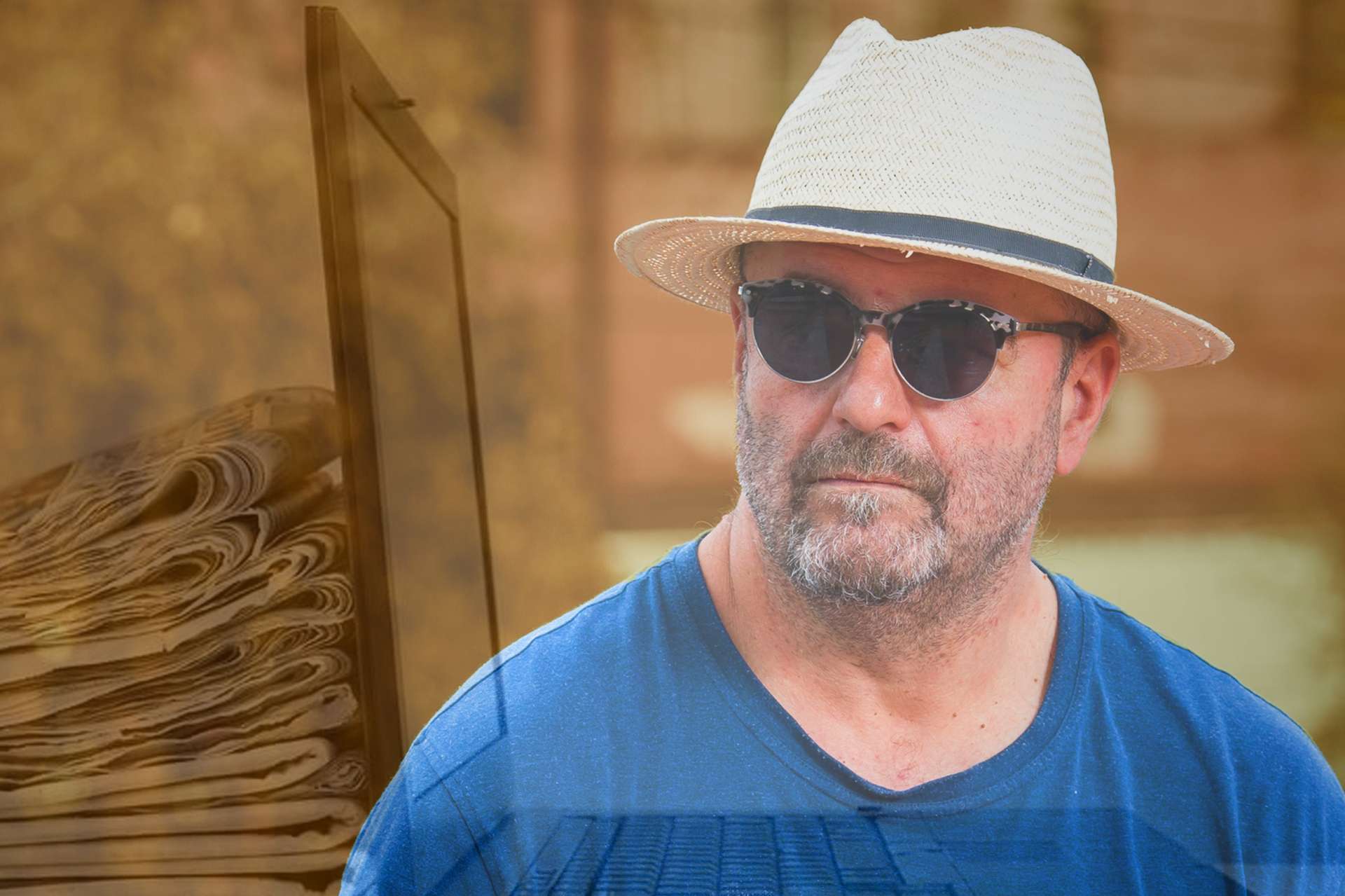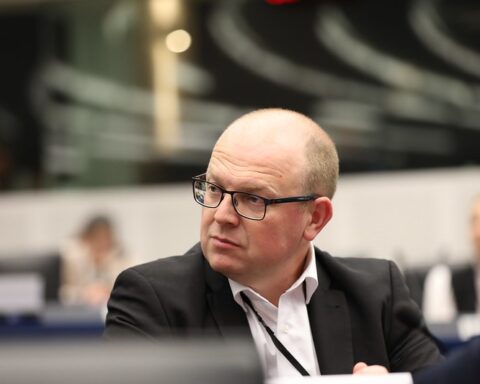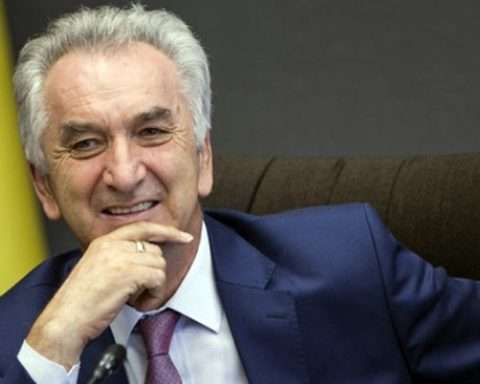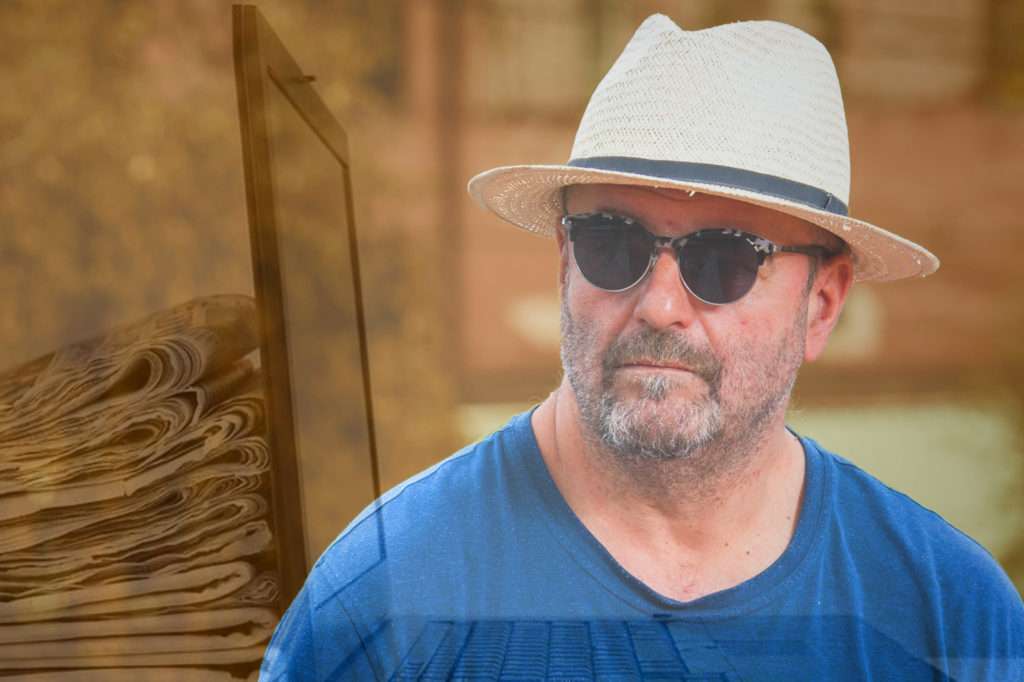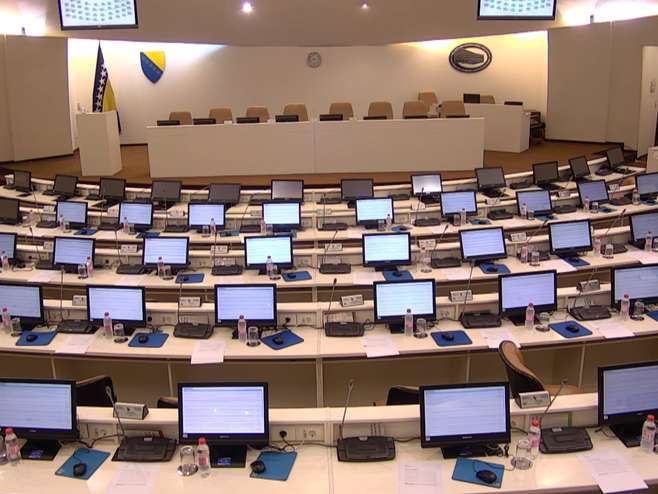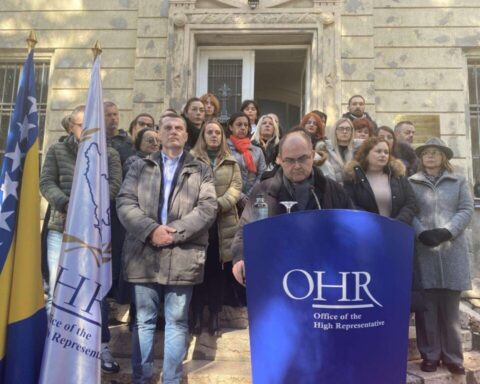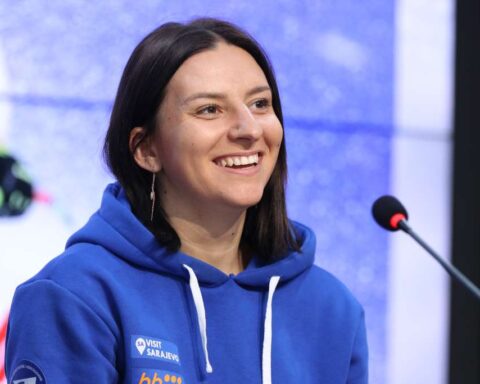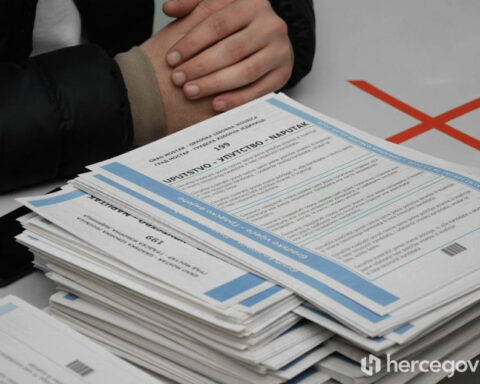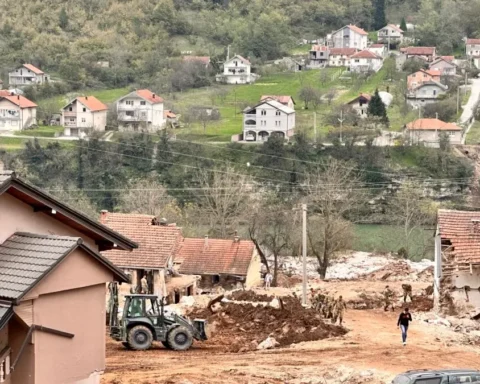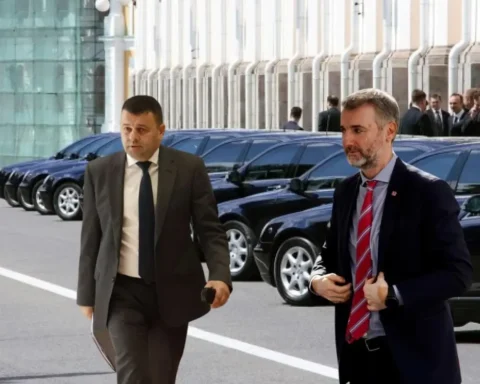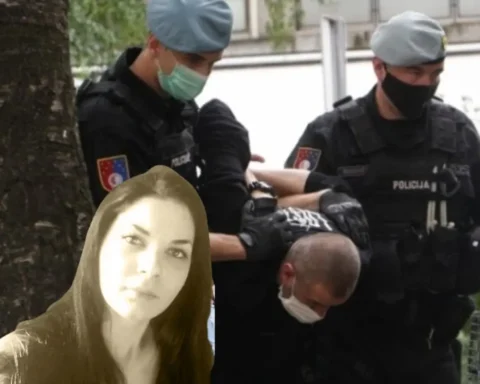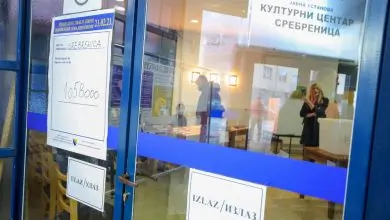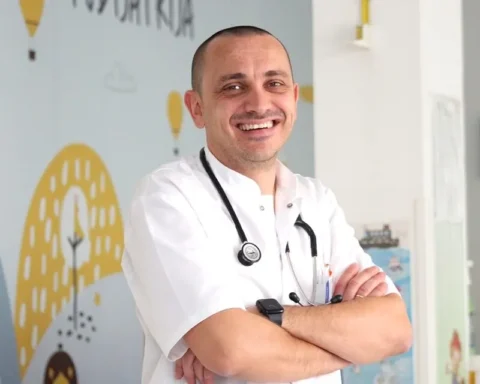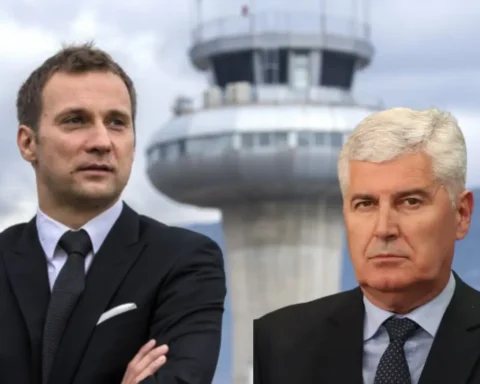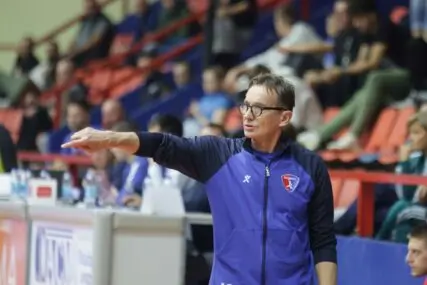Social networks were set on fire by a photo in which Damijan Sedar, the new Slovenian ambassador, hands over credentials to a member of the Presidency of BiH in the national costume of Slovenia. A respected colleague and longtime friend, a great connoisseur of (Eastern) European relations, wisely warned that this is not the worst: They used to send both criminals and alcoholics. So this gentleman could also be some refreshment. Do you think it’s better in Washington?
I do not know. I haven’t been to Washington for a long time, but it’s true that the former ambassador of the country that currently holds the presidency of the European Union with 1.8 per mille of blood alcohol in Sarajevo caused a car accident for which she was sentenced to one year in prison in Ljubljana, and thus left without a diplomatic service. In our country, so far, it has not been a practice for ambassadors to appear in traditional costumes, although this is nothing new around the world.
It is known around the world that female diplomatic representatives of, say, the Netherlands appear in the uniforms of Dutch milk maidens, as in Vermeer’s paintings. Norwegians, Austrians, and Japanese very often show fashion details from their rich traditions at inaugurations. As for me – I love African. Somewhere there must be an anthropological foundation for a representative of a tribe to appear in a costume that reveals (not exactly diplomatic) attributes and stereotypes about Africans as extremely gifted. I’m not particularly versed in these things, but let’s go back to tradition: the folk saying that where there is smoke, there is fire, would surely fit. And the world would surely rejoice.
Okay, jokes aside. The result of the meeting between Milorad Dodik and the new Slovenian ambassador, dressed in a uniform that suits the character of the Mexican from Gorenjska, shows, in fact, all the misery of the relations between BiH and the European Union.
The result is pure postmodernism, and the feeling is tragicomic.
So Dodik, pictured with an anti-covid mask, is essentially a village swindler who constantly threatens to secede from Bosnia, the country where he holds the presidency. The Ambassador of Slovenia, with a childlike facial expression, typical for silly delighted tourists when faced in front of the lens, hands out credentials. Dodik, probably still traumatized by the fact that a few days ago, at a ceremony with Emir Kusturica, that magnificent Serb, was shown a modernist bust of Patriarch Pavle made of wire, must say to himself: Shut up, this is great, here at least a man can be recognized. There, you don’t even know what it is. So he understood the appearance of Sedar as a slight relief.
In the photo, the ambassador is visibly happy to be where he is as an envoy of the presidency of the European Union. He officially says that Slovenia is an ally of BiH on its way to the Union.
It’s all nice when there would be no other meanings. If he had thought about it, the cursed Slovene would have realized that the country he comes to is full of nationalist contradictions and the only thing that does not lack here is insisting on folklore “peculiarities”. In that sense, it would be more appropriate for his Excellency – from a country that, at least administratively, leads the European Union and should serve as an example – to appear in civic, European, and civil uniform instead of in ethno-creation.
But we are not that lucky – it is difficult to ask others to understand you if you do not understand yourself.
In a good manner of Bosnian naivety, the folks over in Bosnia have already given the ambassador a nickname – Kekec. There is no need to agree to this, because the legendary boy, once created by the writer Josip Vandot, and indebted to generations of children growing up in the South Slavic area, shows exceptional intelligence in the fight against his enemy Bedanec.
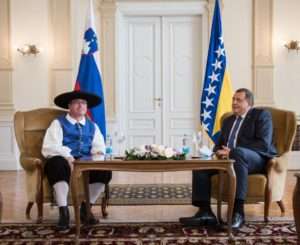
Which, it turns out, is not exactly the case in this example.
But neither the first nor the last time. The disgust of civilian Slovenes over this ceremony is to be expected: most people there do not think like Janez Janša, but one of the constants of Slovene-Bosnian relations is a deep misunderstanding of the context. And if Slovenia will not understand us – then how can we expect that from other, more distant points of the EU?
Relations between Slovenia and BiH mostly took place in the foggy post-war neo-capitalist realities of taking positions in the new geopolitical circumstances. Both countries were objects, by no means subjects, of international relations. At the declarative level, there was a certain level of mutual respect. As for the market, the laws of the stronger ruled. In that game, Slovenia was, and remains, more than a favorite. There was never any doubt.
In the end, one observation that can be an impression, but it is the feeling of someone who has been watching it closely for more than three decades: the ambassadors of Slovenia to BiH, and vice versa, for the most part, were not God knows what formats. It turns out that the best was in the war, and immediately after it when the ambassador of BiH was the late Uglješa Uzelac, and in Sarajevo, thank God, Drago Mirošič is still alive and well.
At that time, there was still some healthy energy, communication, and hope that the two countries that lived in the same state and have much heritage in common, could find common ground on most issues. Because where there is no essence and vision – costumes turn out to be the most important.
Objectively, we do not need a Europe of folk costumes. Rather, an open, broad, clean environment in which we have the right to be citizens, even without being nationally marked.
Given who is leading us we may be asking too much. But we should not be underestimated.
The meeting between Dodik and the ambassador of the country holding the presidency of the European Union, on a symbolic level, was just that.
Underestimation of intelligence.

